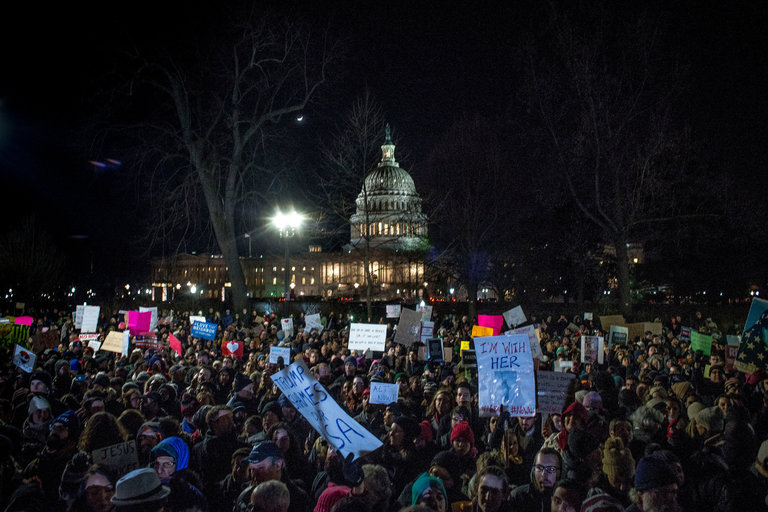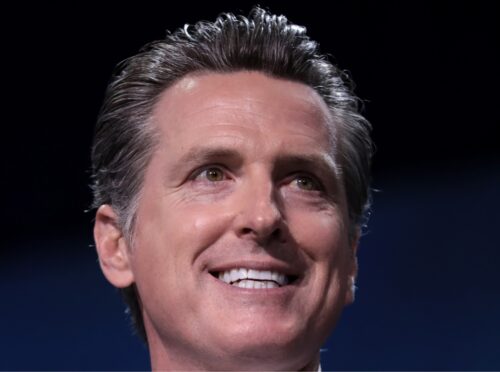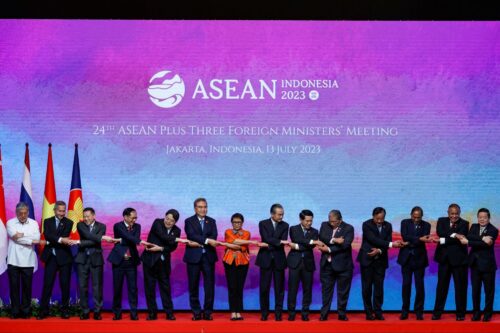The summer of Australian academics apologizing to Chinese students – China’s latest political and current affairs news
A summary of the top news in Chinese politics and current affairs for September 8, 2017. Part of the daily The China Project newsletter, a convenient package of China’s business, political, and cultural news delivered to your inbox for free. Subscribe here.

The BBC reports on “four prominent cases” this summer where Australian academics have backtracked after their teaching materials received complaints from Chinese students. These incidents are:
- A lecturer at the University of Newcastle Australia showed a video that called Taiwan a country, and apologized after footage of confrontation over the incident went viral online.
- A lecturer at the University of Sydney displayed a map that showed some Chinese-claimed territory as part of India, and apologized and said it had been a mistake after complaints.
- A professor at Australian National University wrote a warning about cheating to students in both English and Chinese, and apologized after Chinese students complained of unfair targeting.
- A lecturer at Monash University was suspended over a test question that “suggested that Chinese officials told the truth only when ‘drunk or careless.’”
What’s actually going on in Australia?
- Many commentators see the large Chinese student population as an organized, nationalistic group, strongly influenced by the Chinese government to be intolerant of any perceived slight to China. See opinions in the New York Times (paywall) and the Guardian to this effect. A report by Australian ABC in June also pushed this narrative.
- Other reports indicate that Chinese state influence may be more pervasive outside of universities — see a pair of pieces in the Canberra Times on influence campaigns among Chinese living in Australia and among Chinese businesspeople giving donations to Australian politicians.
- In June, The China Project also pointed out an op-ed by Merriden Varrall, director of the East Asia Program at the Lowy Institute in Sydney, who writes that the media reports “did not convincingly demonstrate that the Chinese Party-state is orchestrating a coherent, strategic effort to infiltrate and influence Australian policy.”
-
Censorship
Weeks after row over academic articles, China says imported publications must be legal / Reuters -
Lee Ming-che
Taiwan activist to be tried for subversion in China in ‘open’ hearing / Reuters -
19th Party Congress
Sweeping change in China’s military points to more firepower for Xi / Reuters
Opinion: Xi Jinping is about to face a constitutional crisis / Foreign Policy
A Communist Party gathering in China will test Xi Jinping’s power / The Economist -
North Korea
‘Lips and teeth’ no more as China’s ties with North Korea fray / Reuters -
Social control
China wants to build a credit score that dings online chat group users for their political views / Quartz
China’s religious groups brace for tighter rules ‘to curb extremism’ / SCMP -
Environment
China warns mild, humid winter weather could make smog worse / Reuters
Plastic film covering 12% of China’s farmland pollutes soil / Bloomberg
Goat deaths spark debate over pesticide abuse / Caixin






